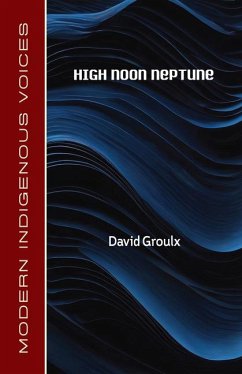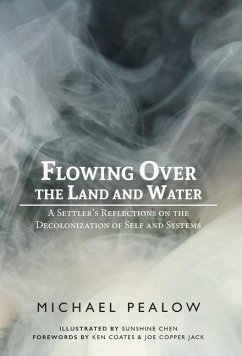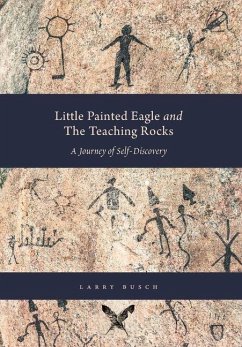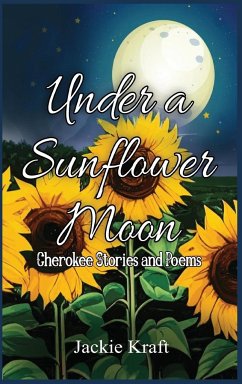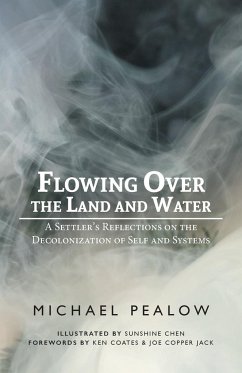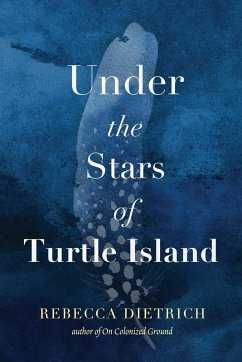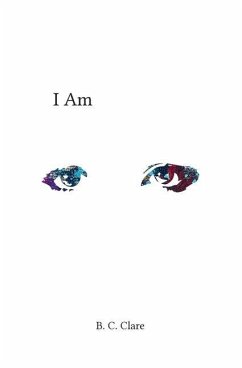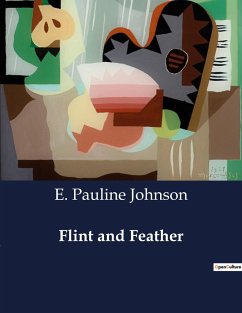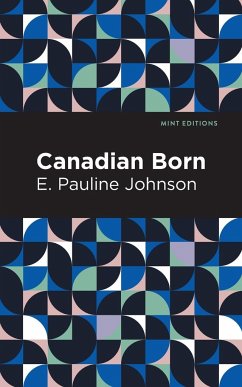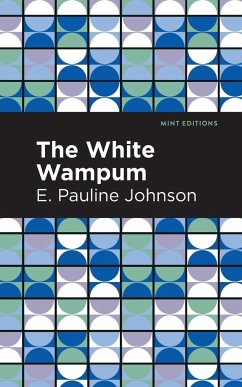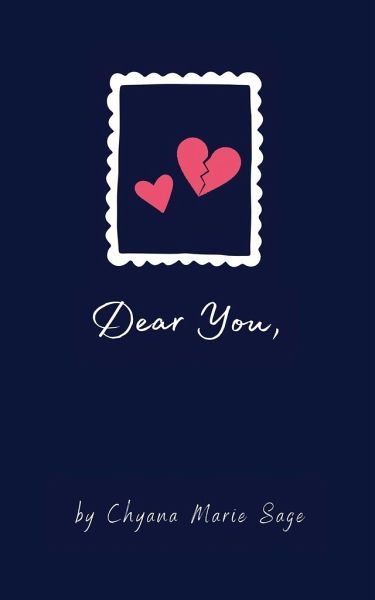
Dear You,
Versandkostenfrei!
Versandfertig in 1-2 Wochen
16,99 €
inkl. MwSt.

PAYBACK Punkte
8 °P sammeln!
Chyana Marie Sage draws on her own experiences of intergenerational trauma as a young Canadian Indigenous woman, painting a world of raw emotion that pulls you into the viscerality of her poems and micro short stories. Dear You, is the first book in her poetry trilogy, The Love Letters. This book is for those who have felt the crippling pull of abusive and toxic relationships-this book is for those who have experienced trauma, abuse, deception, and have felt their own delicacy when their trust has been broken at a core level. Dear You, explores the dark themes of depression, self-harm, and tox...
Chyana Marie Sage draws on her own experiences of intergenerational trauma as a young Canadian Indigenous woman, painting a world of raw emotion that pulls you into the viscerality of her poems and micro short stories. Dear You, is the first book in her poetry trilogy, The Love Letters. This book is for those who have felt the crippling pull of abusive and toxic relationships-this book is for those who have experienced trauma, abuse, deception, and have felt their own delicacy when their trust has been broken at a core level. Dear You, explores the dark themes of depression, self-harm, and toxicity-but it is only the beginning of the journey on discovering, nurturing, and forcefully embracing self love and respect.



